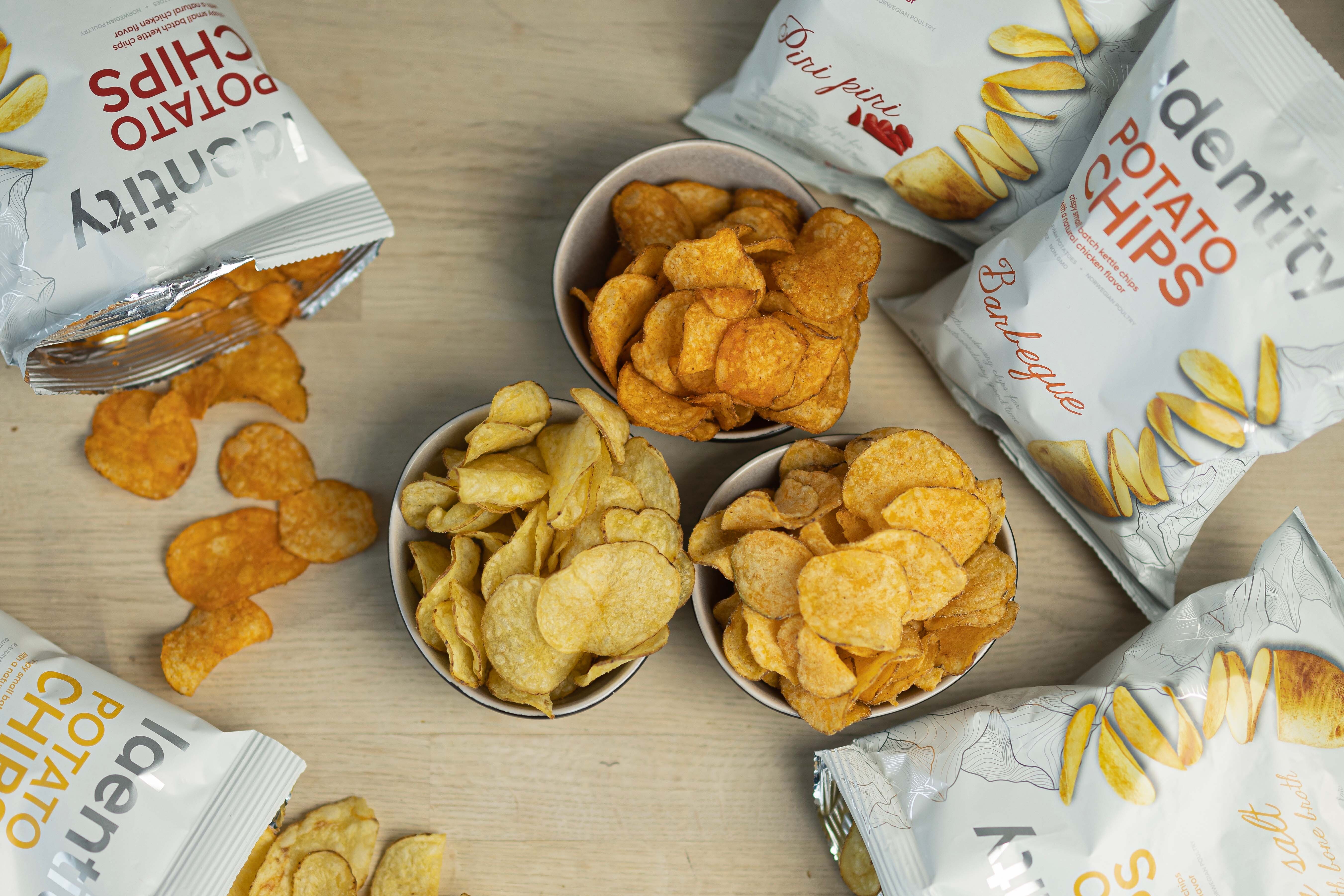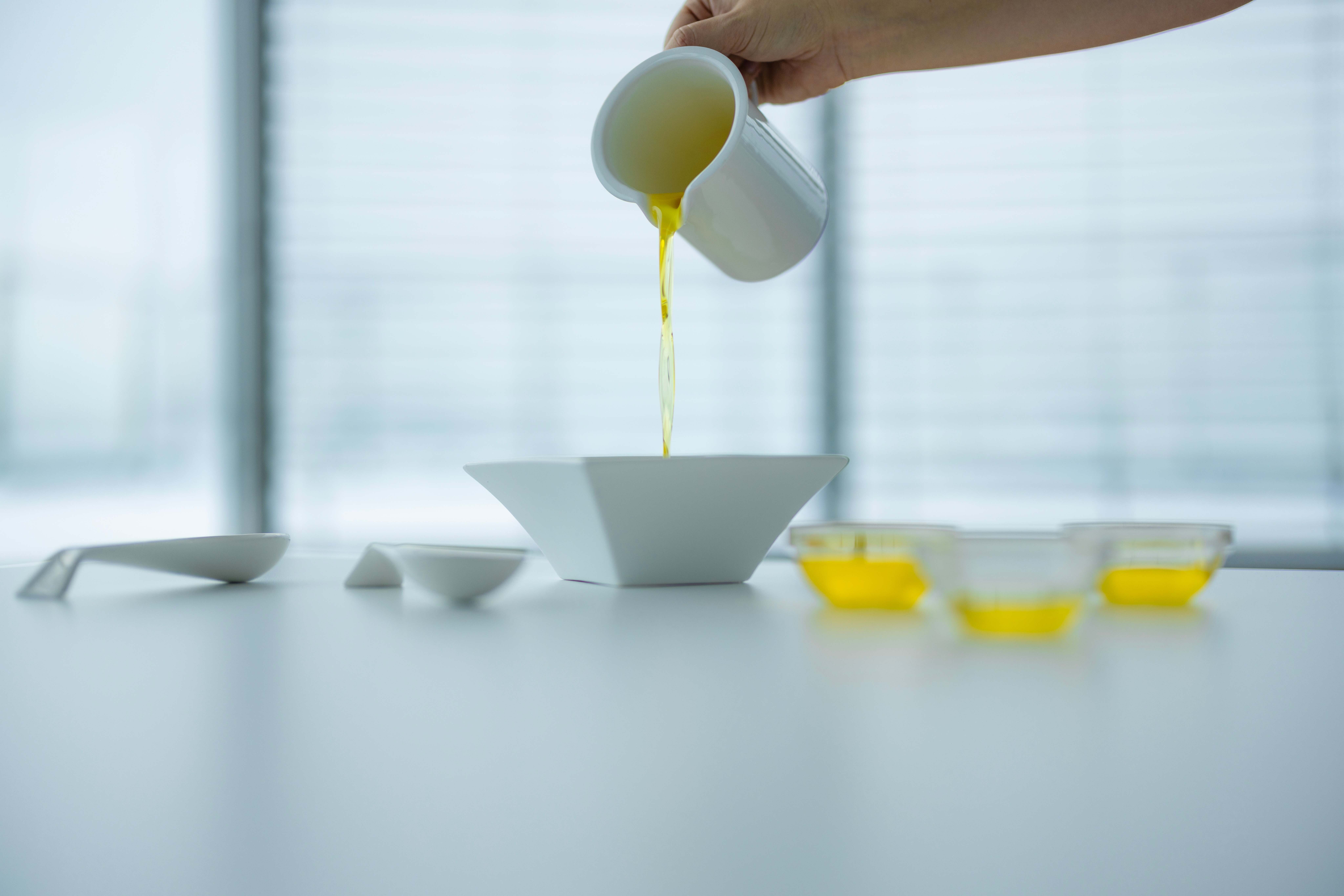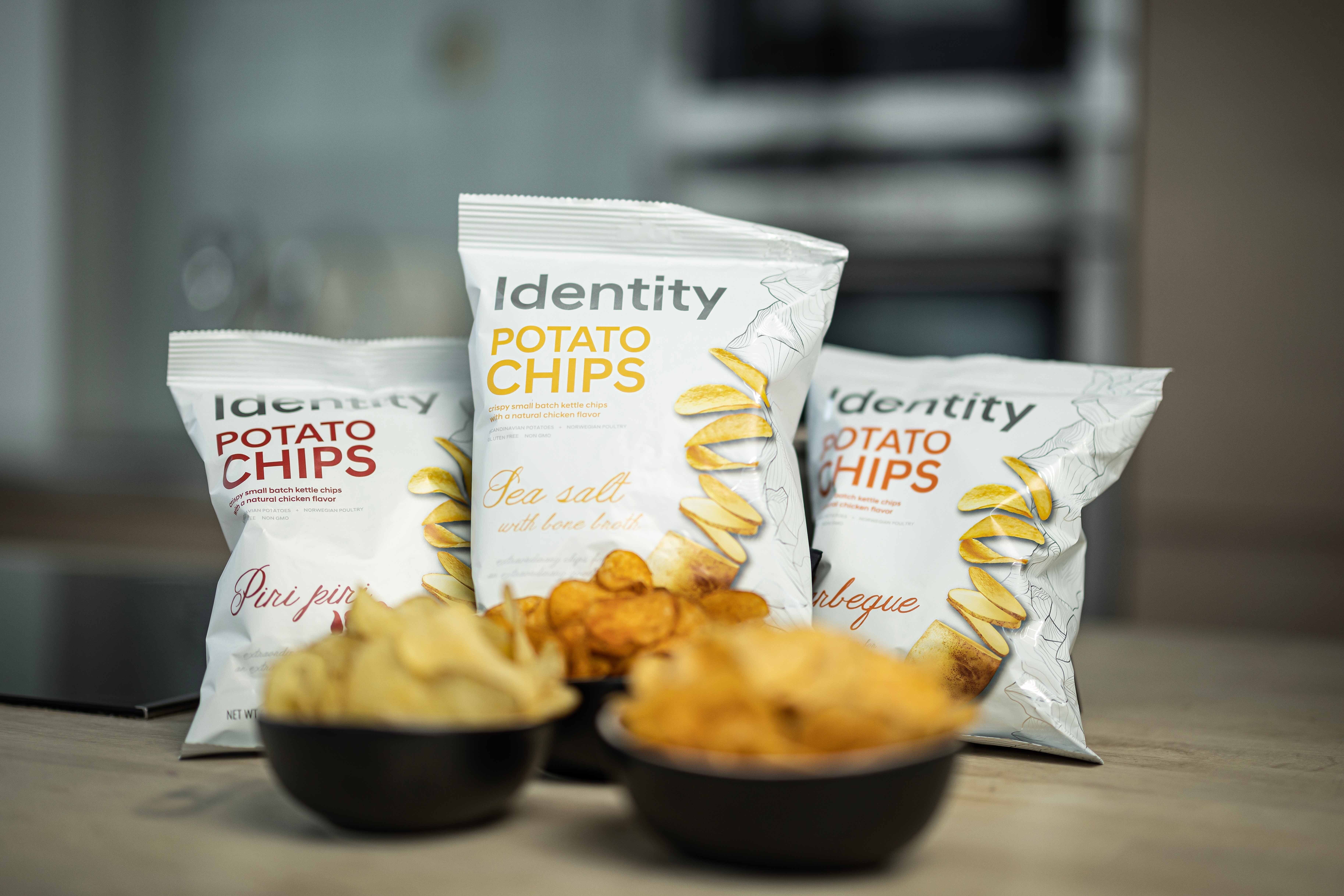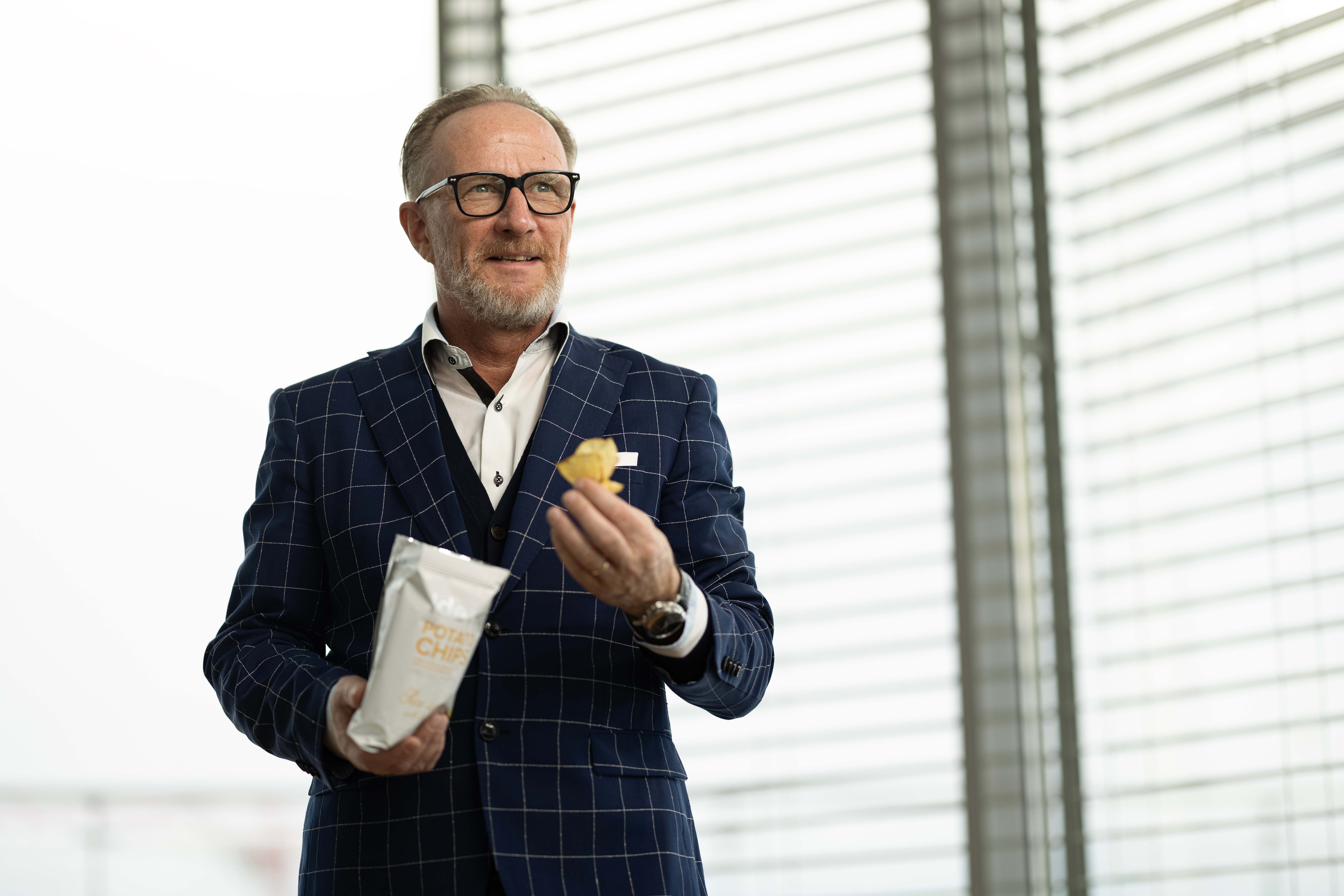The world’s first crisps fried in chicken oil are currently being produced at a factory in Norway. This new oil, which is produced at Norilia using an innovative technology, is being used in this way for the first time.

The world’s first crisps fried in chicken oil are currently being produced at a factory in Norway. This new oil, which is produced at Norilia using an innovative technology, is being used in this way for the first time.

Norilia has managed to develop a method, based on enzymatic hydrolysis, to produce a high-quality chicken oil from what we define as plus-products: bones, wingtips and necks from chickens and turkeys – products that could not previously be used for human consumption. The oil is now being used to fry, among other things, potato crisps – the first crisps of their kind in the world.
“As far as we are aware, these are the first potato crisps in the world to be fried in chicken oil,” says Øystein Danielsen, who is Director Ingredients at Norilia.
Until now, all potato crisps have been cooked in vegetable oil, which is often imported from countries such as China and South Africa, usually with a delay of several months before it can be used in crisp production. The new chicken oil from Norilia can mean a shorter journey and a really fresh alternative.
“Our potato crisps have an incredibly good flavour and shelf-life – probably because the oil is so fresh. Our chicken oil is never older than eight days when it is delivered to the crisp factory, and in some cases it is just a few hours old. When factories use imported vegetable oil from peanut or avocado it can already be between six and nine months old by the time it arrives at the factory,” explains Øystein.

The chicken oil is developed through enzymatic hydrolysis and is now being used to fry potato crisps.
Finding innovative methods for making full use of plus-products from the meat industry is at the very core of Norilia’s DNA.
The chicken oil used to make potato crisps is made from plus-products from chicken and turkey production. Norilia’s aim in this is to increase the value of products that would otherwise go to animal feed. By using enzymatic hydrolysis, these raw materials can now be upcycled into high-value ingredients, which can then be used as a wholesome alternative for human consumption. Adding value to plus-products in this way is also beneficial because it contributes to a better social economy and increased sustainability.
Norwegian chickens and turkeys are also among the healthiest in the world. They are free range, are not fed any GMOs and none of the birds used in production has been treated with antibiotics.
Norilia’s potato crisps are flavoured with hydrolysed chicken proteins. What does that mean, and how can potato chips be flavoured in this way?
The enzymatic hydrolysis process doesn’t just result in chicken oil – it also produces protein powder: hydrolysed chicken proteins, more correctly referred to as hydrolysate. Hydrolysate is proteins that have been cut into shorter peptide chains, which make the protein easier for the body to absorb. The protein contains high levels of glutamic acid – a natural flavour-enhancer with the highly desired umami flavour that is recognisable from foods such as Parma ham, mature cheese and mushrooms.
“A lot of things that taste good contain glutamic acid,” says Øystein assertively.
The protein powder can be used as a natural flavour-enhancer, rather than having to use artificial flavour-enhancers such as MSG. Another benefit is the ability to lower the salt content of the crisps, because the flavour properties of the protein powder mean that it can be used to replace added salt.
“In our crisps, 50 percent of the salt is replaced by hydrolysate. In that way we get more natural glutamate and that good, natural umami flavour. You don’t get 50 percent less sodium in the product, because the hydrolysate contains sodium, but you do get a sodium reduction of up to 25-30 percent,” explains Øystein.

Norilia is offering the potato crisps as a white-label product.
Danielsen sees it as a unique market opportunity, both for those with their own processing line for potato crisp production, but also for those who want a finished product that is ready to sell under their own trademark.
Trial production has already taken place, and Norilia, together with Identity, has had a trial launch in a number of American towns and cities, including in California and Michigan. The reception has been extremely good.
“At one of the fairs there was a lady who bought a bag, tasted the crisps and then came back to buy another five bags,” he chuckles.
Norilia is now offering its potato crisps as a white-label product to operators who want to offer their customers a brand new, high-end and completely Norwegian crisp. These could be snack manufacturers, airline companies or hotel chains. For those with their own crisp production lines, there will be an option for buying just the chicken oil for frying their own chips.
For anyone wanting a taster, trying a sample is no problem.
“You’re welcome to come for a taster at Norilia, or we could come to see you with a bag,” says Øystein with a smile.

Øystein Danielsen, Director Ingredients at Norilia, sees the chicken oil as a unique market opportunity.